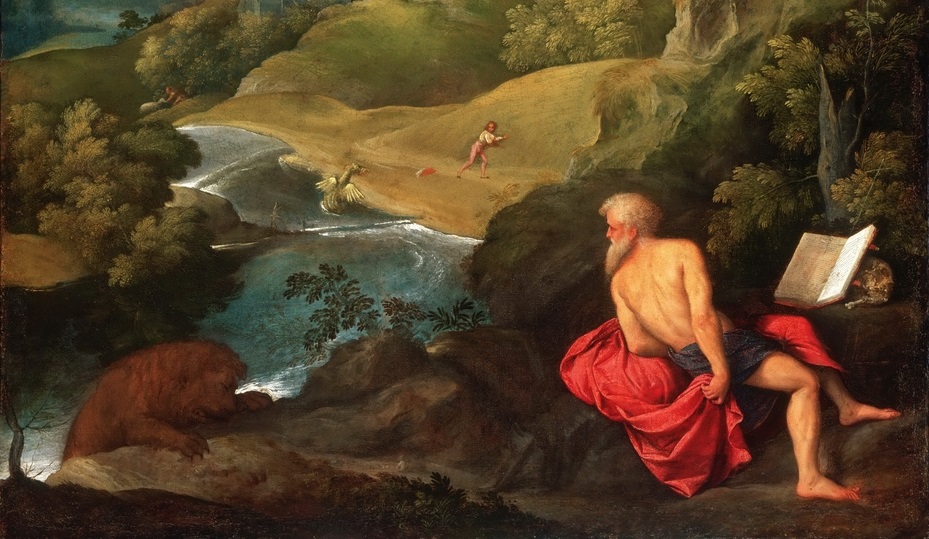Oak
In quiet awe before a solid oak
in summer bloom, I thought: to such as these
my Saxon kin of long ago bespoke
their pagan prayers—a source of great unease
to Charlemagne, these heathens and their trees!
He killed all those beyond baptism’s hope,
Then celebrated Christmas with the pope.
And longer yet ago the priests of Zeus
the rustling tones of oak leaves would attend,
thereby the god’s good pleasure to deduce
and by their oracles his voice extend,
that men their earthly ways might wisely wend.
Odysseus they hurried back to Greece
the suitors of his wife there to police.
My priesthood, though, seems a shabbier thing
as a wind from Jersey rustles the leaves
and Bronxward breathes. Yet time can sing
when summer sunlight coolly ebbs and heaves
and mottled shadows pool and interweave.
Then Zeus just mumbles “beauty…” in my ear—
some days, the only oracle I hear.
Beware, Good Christian
Beware, good Christian, if you ask the Lord
to throw you some of his humility,
for in his spirited agility
He’ll grant you all his graces can afford.
Your wit, your charm, they’ll come to be abhorred.
You’ll come to doubt your own civility,
call into question your virility.
No tic or wart will loiter unexplored.
Yet never underestimate your pride:
it takes your noblest efforts in its stride.
You’ll soon begin to think your lowly mien
the envy of the saintly brotherhood,
and passing by a glass, your image seen,
think even sackcloth’s never looked this good.
Jeffrey Essmann’s prose work has appeared in the New York Times, the Washington Post, and numerous magazines and literary journals, his poetry in America Magazine and Dappled Things. He lives in New York City.















“Beware, Good Christian” is cleverly and wittily written.
I agree with Dave W.: “Beware, Good Christian” is a delightful little piece, gently mocking the (usually futile) human effort to be humble. Thanks for the smile . . . and the reminder!
Very good poetry and well constructed, with ten syllables per line.
Jeffrey,
O, the irony! O, the phonics!
In my opinion the last true Christians were fed to the lions in the Roman Coliseum aeons ago. What we have today are middle-class poseurs dressed neatly on Sunday, who aspire to social respectability in this life and the next. They know nothing of heaven & hell.
I think the last four lines of “Beware, Good Christian” are not bad.
I’d be embarrassed to have been published in the New Times or Washington Post, both pinko rags, but sometimes ambitious poetasters don’t understand the difference between being published and being mocked.